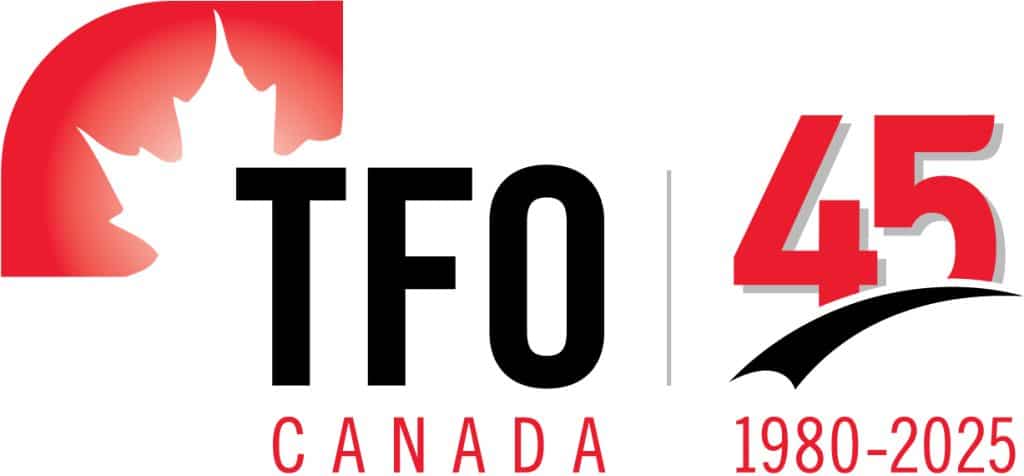Brook Debebe is not your average businessman. A career diplomat who has served as Ethiopia’s Ambassador to Belgium, Brook is supporting his country in a new way these days: as General Manager of Ethio-Leather Industry (ELICO). Established in 1997, ELICO is a leather goods company that operates three manufacturing units in Ethiopia’s capital city Addis Ababa. ELICO was founded with the goal of improving living standards of the people of Ethiopia. The company provides sustainable livelihoods to over 30 local suppliers, producing leather hides, shoes, belts, bags and jackets of world class quality.
Ethiopia has a long history of leather production. The country boasts the largest population of cattle in Africa and is recognized as the 10th largest in the world. Like many developing countries, Ethiopia is pursuing a growth strategy that focuses on diversifying its export base and increasing the production of value-added goods. Despite the high potential for leather products within this strategy, finding foreign buyers is no easy task. With the economic downturn in Europe, Brook knew he needed to expand ELICO’s sales to new markets. Already exporting to the U.S., the company quickly turned its sights to Canada.
As part of its Canadian Market Access and Capacity Building Program, TFO Canada in partnership with the Ethiopian Embassy organized a Leather Products and Footwear Trade Mission to Toronto in the fall of 2014. ELICO was among a group of exporters selected to participate in this trade mission. The two-day mission began with a retail tour to better understand market conditions and competition for leather goods in Canada. Supported by TFO Canada Associate Phil Zwibel, Brook showcased ELICO’s products at the Canada-Africa Business Summit 2014 and attended B2B meetings with potential buyers.
The results? ELICO secured an order for $100,000 worth of shoes from a Canadian company specializing in comfort footwear. Brook is also pursuing two other leads to bring ELICO’s leather jackets and handbags to Canada. “I have attended the B2B meetings and am very satisfied by the outcome,” said Brook at the end of the mission.
In addition to contacts, Brook also returned from the mission with new insight on how to target his products for the Canadian market. Recommendations from Canadian buyers met during the mission have spurred ELICO’s plans to add more designs for the middle market segment and expand its offering of leather boots to accommodate Canada’s famously long winter. “Getting into the Canadian market would allow us to hire more workers,” says Brook. His company is looking to open two new plants in the coming years to increase production capacity for its leather shoes and gloves.
For a country that is currently the largest recipient of Canadian foreign aid, companies like ELICO are ushering in new era between Ethiopia and Canada. Ethiopia’s President Mulatu Teshome recently pointed to ELICO as one of the companies leading a shift from a relationship dominated by aid to one of expanding economic opportunities. Canadian imports from Ethiopia jumped from $18 million in 2013 to over $25 million in 2014. While imports still pale compared to the $186 million in Canadian development assistance to Ethiopia that same year, growth is a sign of change to come. As Ethiopia moves closer to its goal of becoming a middle-income country by 2025, TFO Canada will continue to help exporters like ELICO expand their horizons to Canada.
“TFO Canada has helped to create our initial contact with
buyers in Canada. I am optimistic that we will finalize some
if not all of the deals in the coming months.”
